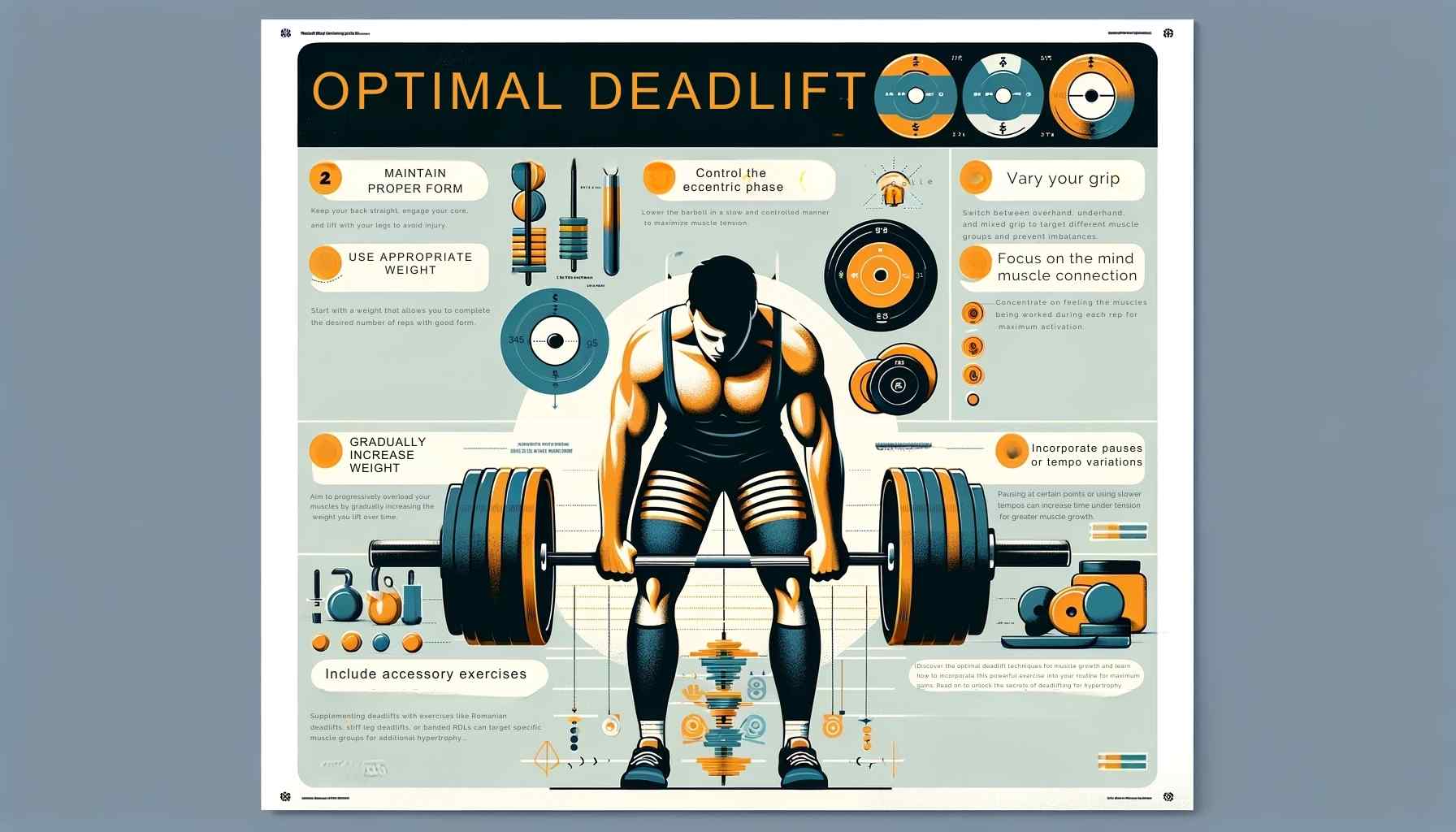Struggling to get quality sleep can be a frustrating issue, impacting all areas of your life. Reports suggest that nearly 40% of Americans are grappling with this problem, sleeping fewer than seven hours each night.
Our enlightening guide on “guided meditation for sleep” offers you effective tools and techniques aimed at soothing the mind and building optimal conditions for restful slumber. Get ready to transform your nights!
Key Takeaways
- Guided meditation for sleep is a technique that can help improve the quality and duration of your sleep, promoting better overall well-being.
- Sleep deprivation is a widespread issue, with nearly 40% of Americans not getting enough rest. Lack of sleep can lead to health problems like heart disease and diabetes.
- Guided meditation techniques such as visualization, progressive muscle relaxation, and deep breathing exercises can help relax both the body and mind, making it easier to fall asleep faster.
- Incorporating guided sleep meditation into your bedtime routine, along with proper sleep hygiene practices and regular exercise, can significantly enhance your sleep quality.
Understanding Sleep Deprivation

Sleep deprivation has become an epidemic, with many people struggling to get a good night’s rest. The inability to sleep can be caused by various factors, including stress, anxiety, and technology use before bed.
The Sleep Deprivation Epidemic
Many people do not get enough sleep. In the U.S., four out of ten people sleep less than seven hours each night. This lack of rest can cause problems. People who don’t get enough sleep can have bad health.
They might get heart disease or diabetes, and they may eat too much. Also, they may have trouble thinking and making choices, or be slow to react to things around them. This is a big issue at work and on the road where it can lead to mistakes or accidents.
People spend lots of money trying to fix their sleep issues – $58 billion in 2014! But you need good sleep for your body and mind to work well.
What Keeps People Up At Night?
Many things can keep people awake at night. Stress tops the list, as worries turn into sleepless nights. Technology also plays a part. The light from phones and computers tricks our brains into thinking it’s daytime.
It stops us from feeling sleepy when we should be in bed. Other culprits include unhealthy lifestyle choices like eating late or drinking too much coffee. Biological forces such as aging or having a medical condition can also cause sleep troubles.
Sleep problems are common these days, but they should not be ignored because lack of sleep puts people at risk for serious health issues like heart disease and diabetes.
The Basics of Meditation for Sleep

Meditation for sleep is a technique that involves focusing the mind and relaxing the body to promote healthy and restful sleep.
What is Meditation for Sleep?
Meditation for sleep is a way to rest your mind and body. It helps you fall asleep faster and sleep better. Meditation can make your heart beat slower and help you breathe easier. This quiet time makes it easier for you to drift off to dreamland.
The best part is that anyone, even kids, can try meditation for sleep to get the rest they need!
How Does It Help?
Meditation for sleep helps your body. It lowers your heart rate and makes your breathing slower. This aids in better sleep. A good night’s sleep can cut down on stress levels. It boosts mental clarity and memory too.
Better sleep also leads to better eating habits and keeps weight in check. The risk of Alzheimer’s disease falls with good rest at night, making you feel well overall.
The Benefits of Guided Meditation for Sleep
Guided meditation for sleep offers numerous benefits, including improved sleep quality and reduced sleep onset time.
Improved Sleep Quality
Improved sleep quality is essential for overall health and well-being. When you prioritize getting a good night’s rest, you can experience numerous benefits. Quality of sleep refers to how restful and rejuvenating your sleep is, rather than just the number of hours you spend in bed.
Research has shown that guided meditation for sleep can greatly enhance the quality of your rest. It creates inner conditions that promote relaxation and tranquility, which are crucial for a deep and restorative slumber.
By practicing meditation before bedtime, you can lower your heart rate, encourage slower breathing, and calm your mind, all leading to improved sleep quality. This means waking up feeling more refreshed and energized in the morning while enjoying the benefits of better focus, memory retention, and overall physical and mental health throughout the day.
Reduced Sleep Onset Time
Guided meditation for sleep can help reduce the time it takes to fall asleep. When practicing meditation, your heart rate lowers and your breathing slows down, which helps relax your body and mind.
This relaxation response can promote a quicker onset of sleep, allowing you to drift off more easily. By incorporating guided meditation into your bedtime routine, you can potentially improve the quality and efficiency of your sleep while reducing the amount of time it takes to fall asleep.
This can lead to feeling more rested and refreshed in the morning. Say goodbye to tossing and turning as guided meditation works its magic on helping you achieve a faster transition into dreamland!
Techniques Used in Guided Sleep Meditation
Guided sleep meditation incorporates various techniques to help you relax and prepare for a restful night’s sleep. These techniques include visualization, progressive muscle relaxation, and deep breathing exercises.
Visualization
Visualization is a technique used in guided sleep meditation to help relax the mind and body. It involves creating mental images or scenes that promote a positive and peaceful mental state before sleep.
By imagining calming natural settings or positive affirmations, visualization can help reduce stress and anxiety, making it easier to fall asleep. This technique is often combined with deep breathing and relaxation exercises for even better results.
So next time you’re having trouble sleeping, try incorporating visualization into your bedtime routine for a more restful night’s sleep.
Progressive Muscle Relaxation
Progressive Muscle Relaxation is a technique used in Guided Sleep Meditation. It involves tensing and then releasing different muscle groups in the body, from head to toe, to promote relaxation.
By consciously tensing and relaxing each muscle group, it can help lower heart rate and encourage slower breathing. This technique is effective for reducing muscle tension and promoting a state of calmness before sleep.
Progressive Muscle Relaxation has been shown to improve sleep quality by helping individuals relax both physically and mentally, leading to better rest throughout the night. Additionally, this technique can also aid in reducing anxiety levels and lowering stress levels overall.
Deep Breathing
Deep breathing is a technique commonly used in guided sleep meditation. It involves taking slow, deep breaths to help calm the mind and body before sleep. Deep breathing can lower heart rate and encourage slower breathing, which promotes relaxation and improves sleep quality.
By focusing on your breath, you can shift your attention away from racing thoughts or worries, allowing you to enter a state of calmness that prepares you for a restful night’s sleep.
Incorporating deep breathing into your bedtime routine can be an effective tool for achieving better sleep and enhancing overall well-being.
How to Start With Guided Meditation for Sleep

To get started with guided meditation for sleep, try a simple meditation by finding a quiet and comfortable place to sit or lie down.
Trying a Simple Meditation for Sleep
To try a simple meditation for sleep, find a quiet and comfortable place to sit or lie down. Close your eyes and take deep breaths in through your nose and out through your mouth. Focus on the sensation of breathing in and out.
Clear your mind of any thoughts or worries, just let them go. If it helps, you can count your breaths or repeat a calming word or phrase in your mind. Keep doing this for a few minutes until you feel relaxed and calm.
This simple meditation can help you prepare for a restful night’s sleep by promoting slower breathing and reducing stress.
Consider Using Guided Sleep Meditation Apps
To enhance your sleep experience, you might want to consider using guided sleep meditation apps. These apps can help create the right conditions for restful sleep by guiding you through relaxation techniques and calming exercises.
By incorporating meditation into your bedtime routine, you can lower your heart rate, slow down breathing, and promote a sense of calmness, all of which contribute to improved sleep quality.
With many Americans struggling to get enough sleep each night, these apps provide a convenient and accessible way to address common issues like falling asleep or staying asleep. Regularly practicing guided sleep meditation with the help of these apps can lead to better overall sleep duration, efficiency, and quality.
Tips to Improve Sleep Quality
To improve sleep quality, practice good sleep hygiene and establish a regular bedtime routine. Exercise regularly during the day to promote better sleep at night.
Proper Sleep Hygiene
Proper sleep hygiene refers to the practices and habits that can help you improve the quality of your sleep. It involves creating a routine, ensuring a comfortable sleep environment, and adopting healthy lifestyle choices.
By following these guidelines, you can promote better sleep and alleviate the effects of sleep deprivation. Developing a consistent sleep schedule, avoiding stimulants like caffeine before bed, creating a calming bedtime routine, and keeping your bedroom dark, quiet, and cool are all essential aspects of proper sleep hygiene.
Additionally, managing stress levels through relaxation techniques such as meditation or deep breathing exercises can also contribute to better sleep. So by prioritizing these factors in your daily life, you can set yourself up for more restful nights and improved overall well-being.
Regular Exercise
Regular exercise is an important component of a healthy lifestyle and can have a positive impact on your sleep quality. When you engage in regular physical activity, it helps to regulate your body’s internal clock, making it easier for you to fall asleep and wake up at consistent times.
Additionally, exercise has been shown to reduce anxiety and stress levels, which are common culprits of sleep problems. By incorporating regular exercise into your routine, you can improve the quality of your rest, enhance mental clarity during the day, boost your immune system, and even lower the risk of developing chronic illnesses like heart disease and diabetes.
So lace up those sneakers and get moving!
Conclusion
In conclusion, guided meditation for sleep is an effective way to improve the quality of rest and combat the sleep deprivation epidemic. By slowing down your breathing and using visualization techniques, you can relax your mind and body for a peaceful night’s sleep.
Incorporating guided sleep meditation into your routine, along with proper sleep hygiene and regular exercise, can have significant benefits for your overall well-being. So why not give it a try tonight and experience the positive effects for yourself?.
FAQs
1. What is guided meditation for sleep?
Guided meditation for sleep includes techniques like mindful body scanning, visualizations, and breathing exercises to help you rest better.
2. How does this kind of meditation improve my quality of sleep?
It slows your breathing, calms the parasympathetic nervous system, and can lead to a more effective and healthier lifestyle that impacts the quality of your rest.
3. Can doing these practices aid in reducing stress?
Yes! Meditation for sleep encourages mental clarity which results in reduced stress levels. It also helps with attention focus and decision making, promoting overall wellbeing.
4. Are there specific guided meditations designed for kids’ bedtime?
There sure are! Guided sleep meditation for kids helps them unwind from busy days using tools like bedtime stories or gentle music to promote healthy sleeping habits.
5. Does it only work at night or can I use it during daytime naps too?
You can use guided meditations any time you want to boost relaxation and enhance your ability to fall asleep—daytime naps included!
6. Beyond improving my nightly routine, what other benefits might I see from incorporating regular sleepy-time meditations?
Regular practice supports improved memory function, lowered risk of chronic illnesses like heart disease or diabetes as well as can aid in weight management amongst many other benefits.


